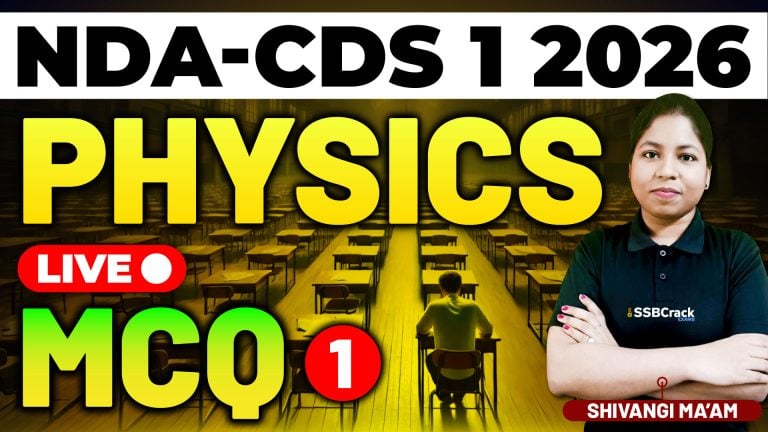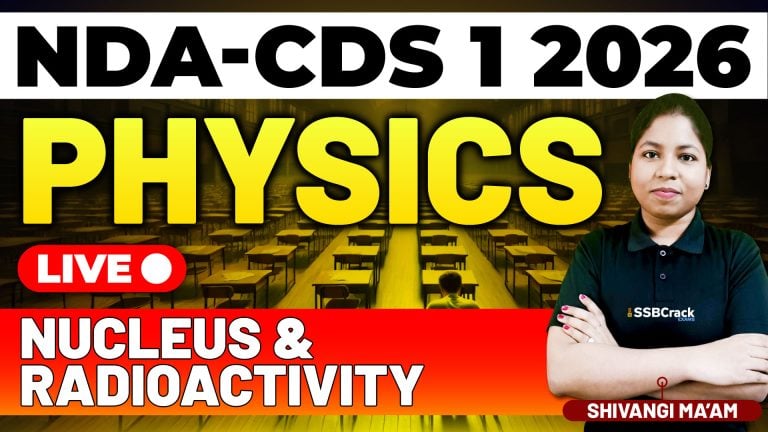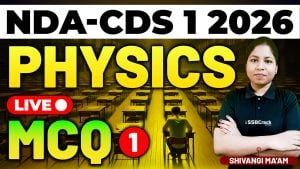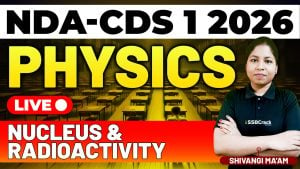Isolation techniques are fundamental laboratory methods used to separate, purify, and identify chemical substances from mixtures. For students preparing for the NDA CDS 1 2026 exam, understanding these techniques is crucial because they form the backbone of applied chemistry questions—especially those related to physical and organic chemistry. The exam often tests conceptual clarity, applications, and reasoning behind the use of each technique.
Brief Overview of Class 5 – Isolation Techniques
1. Recap of Previous Concepts
- Importance of purity in chemical substances
- Types of mixtures and levels of separation required
- Principles behind physical and chemical separation methods
2. Subtopics Covered in Class 5
a) Solvent Extraction (Liquid–Liquid Extraction)
- Principle: differential solubility of a substance in two immiscible solvents
- Distribution coefficient
- Applications: separation of organic compounds, metal ions
b) Crystallisation
- Formation of pure crystals from saturated solutions
- Steps: preparation of supersaturated solution → nucleation → crystal growth
- Use in purification of solids
c) Chromatography – Advanced Understanding
- Types: Paper, Thin-Layer (TLC), Column Chromatography
- Principle: differential adsorption / partition
- Rf values and interpretation
- Real-life applications
d) Distillation Techniques
- Simple Distillation – for wide boiling point difference
- Fractional Distillation – for close boiling points
- Steam Distillation – for heat-sensitive substances
- Azeotropic Distillation – concept of azeotropes
e) Sublimation
- Principle: solid → vapor without melting
- Examples: iodine, camphor, benzoic acid
f) Filtration, Sedimentation & Centrifugation (Quick Revision)
- Mechanical separation techniques
- Applications in laboratory and industry
3. Problem-Solving and Exam-Focused Application
- Short numerical or conceptual questions based on distribution law
- Identifying appropriate technique for a given mixture
- Typical MCQs similar to NDA CDS exams
Conclusion
Isolation techniques form the foundation of practical chemistry and are highly relevant to science-based questions in the NDA CDS 1 2026 exam. Mastering these techniques not only strengthens conceptual knowledge but also enhances problem-solving ability. With clear understanding and practice, these topics become scoring areas in the General Science section of the exam.

















